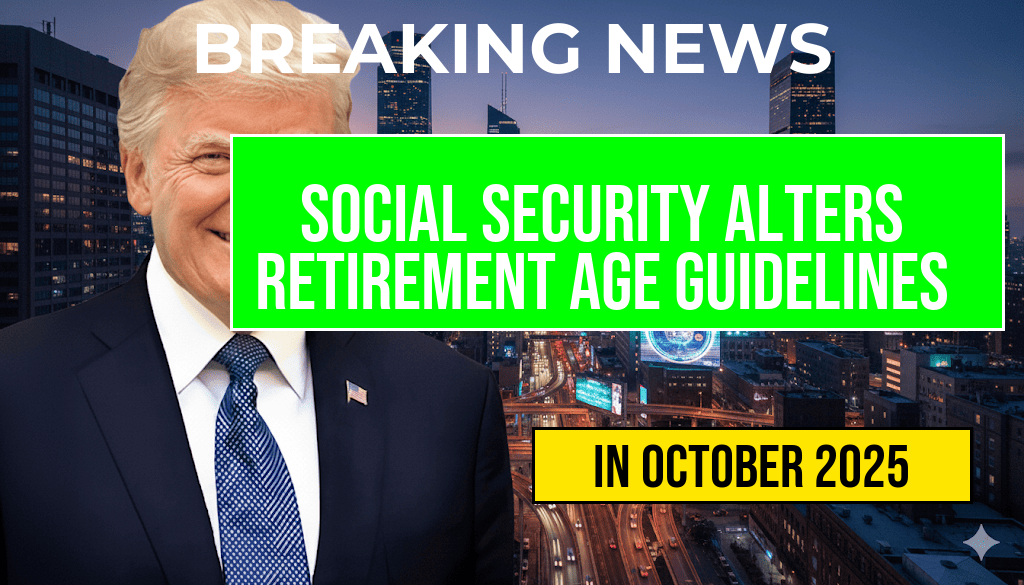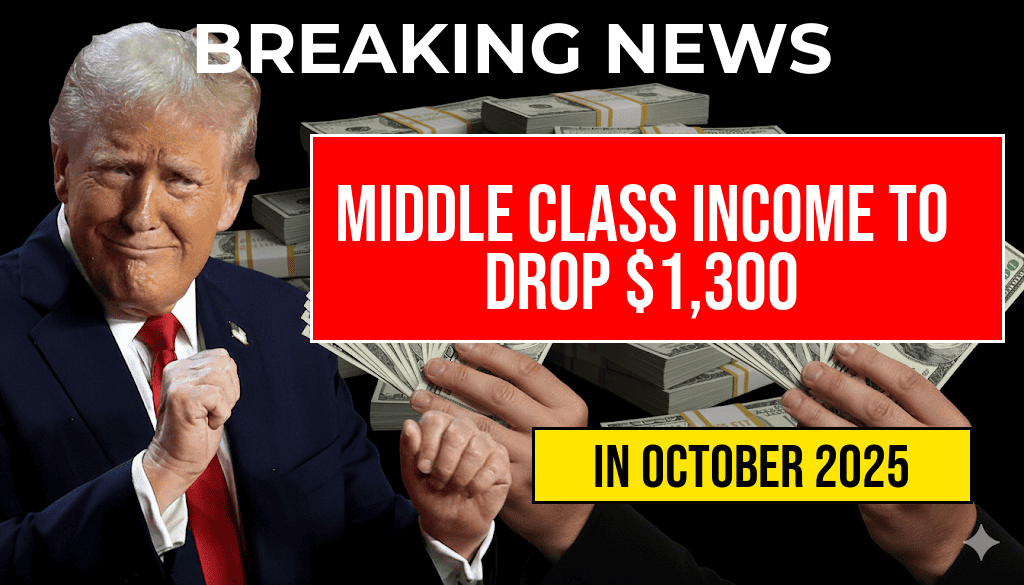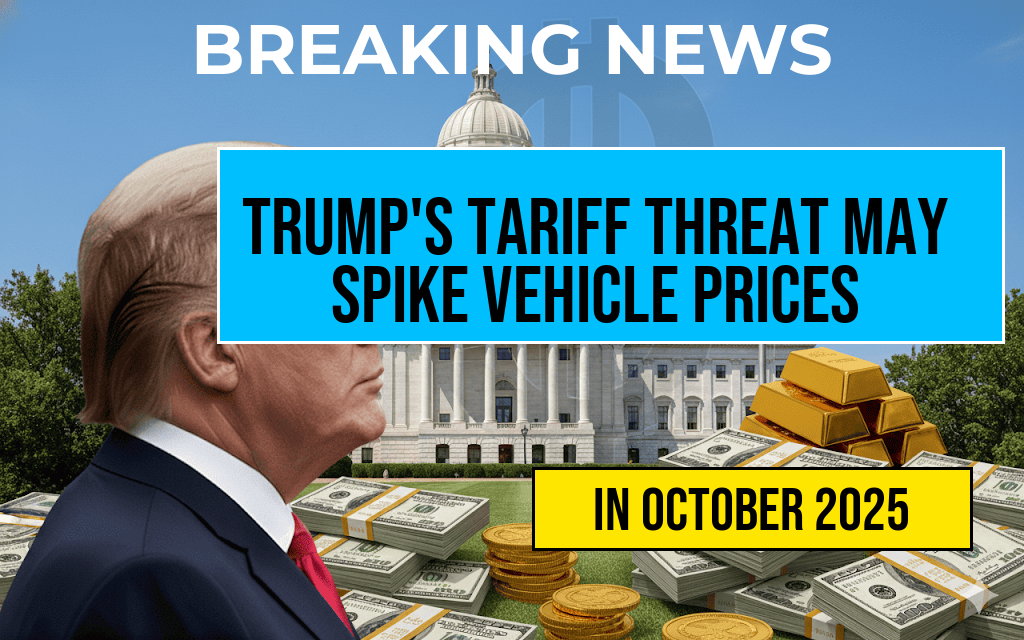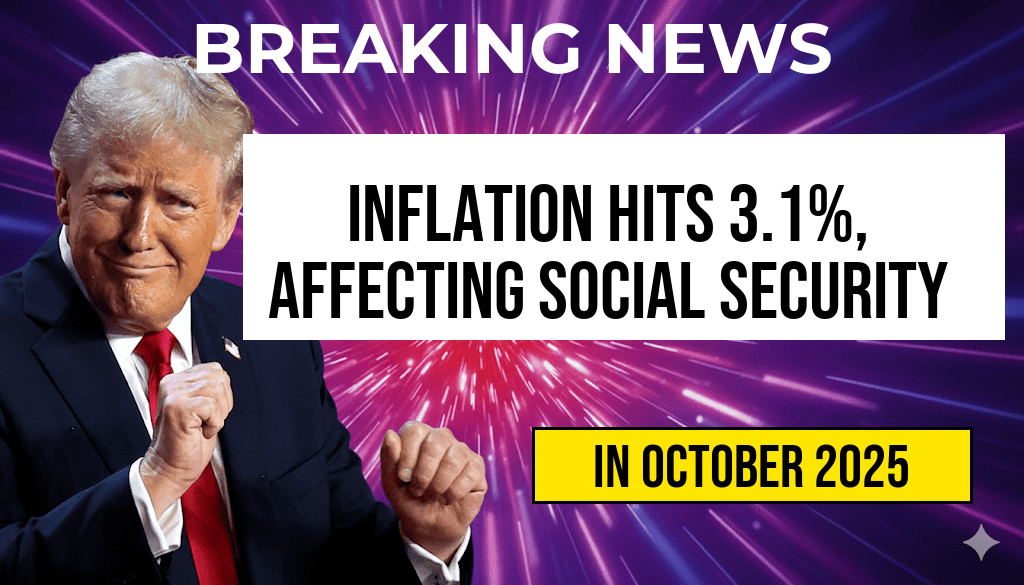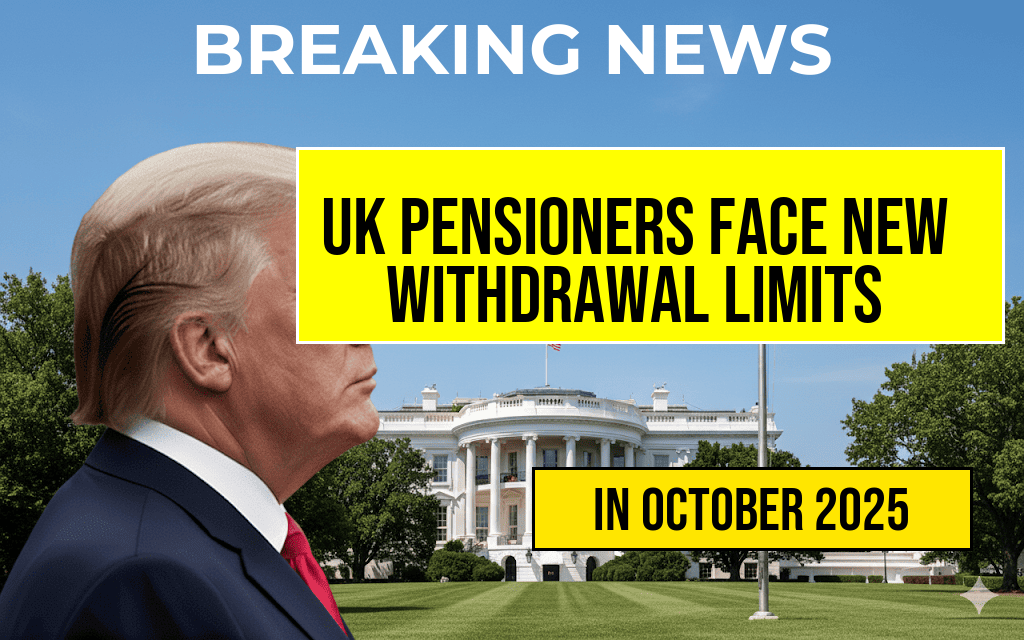As tensions escalate over international trade policies, former President Donald Trump has threatened to impose new tariffs on imported vehicles, a move that could lead to a staggering increase in car prices. According to automotive analysts, these tariffs could elevate the cost of new vehicles by as much as $5,286, placing an unexpected financial burden on American consumers. The potential rise in vehicle prices comes at a time when many buyers are already grappling with inflation and supply chain challenges. This proposed tariff, aimed primarily at foreign automakers, has raised alarm bells among industry experts who fear it could exacerbate the current economic climate and hinder consumer spending on durable goods.
Understanding the Tariff Proposal
Trump’s tariff proposal, reminiscent of the tariffs he enacted during his presidency, targets vehicles imported from countries such as Mexico and Canada. The former president argues that these tariffs are necessary to protect American jobs and the domestic auto industry. However, critics contend that such measures would ultimately harm consumers by driving up prices and limiting choices in the market.
Impact on Vehicle Prices
Experts predict that the introduction of tariffs could have a significant ripple effect on car prices across the board. A recent study by the Automotive Research Group estimates that the average cost of a new vehicle could increase by nearly $5,300, depending on the percentage of tariffs imposed. Below is a breakdown of how the proposed tariffs could influence various vehicle segments:
| Vehicle Segment | Average Price Increase |
|---|---|
| Small Cars | $3,200 |
| Midsize Cars | $4,100 |
| Large SUVs | $5,286 |
| Trucks | $4,800 |
Consumer Reactions
The prospect of significantly higher vehicle prices has sparked concern among car buyers. Many consumers are expressing frustration over the potential for increased costs at a time when affordability is already a pressing issue. Jane Doe, a prospective buyer from Ohio, stated, “I was planning to buy a new car this fall, but with prices going up, I’m not sure I can afford it anymore.” Survey data indicates that more than 60% of car buyers are reconsidering their purchase plans due to the uncertainty surrounding tariffs.
Industry Response
The automotive industry is also voicing strong opposition to the proposed tariffs. Major automakers have warned that increased costs could lead to layoffs and reduced production capacity. John Smith, an economist at the National Automotive Industry Association, commented, “Tariffs may protect some jobs in the short term, but they could ultimately put many more at risk by driving prices higher and reducing consumer demand.” Industry stakeholders are urging the Biden administration and lawmakers to consider alternative solutions that do not involve tariffs.
The Bigger Picture
The looming tariff threat comes against the backdrop of ongoing global supply chain disruptions and rising inflation rates. The automotive sector, which has faced significant challenges in recent years, is particularly vulnerable to external shocks. As the market continues to navigate uncertainties, both consumers and industry experts are closely monitoring developments surrounding Trump’s tariff proposal.
Conclusion
While the full implications of Trump’s proposed tariffs are yet to unfold, the potential for increased vehicle prices poses a serious concern for American consumers. As discussions continue, the automotive industry and car buyers alike are left to weigh the ramifications of such trade policies in an already strained economic environment.
Frequently Asked Questions
What are the potential impacts of Trump’s tariff threat on vehicle prices?
The potential impacts of Trump’s tariff threat could cause vehicle prices to surge by up to $5,286, which may shock many car buyers.
How might tariffs affect the overall automotive market?
Tariffs could lead to increased production costs for automakers, which would likely be passed on to consumers, resulting in higher prices for new and used vehicles.
Who will be most affected by these increased vehicle prices?
Car buyers, particularly those looking to purchase new vehicles, will be most affected, as the increased prices could limit their options and purchasing power.
Are there any alternatives to avoid the increased costs from tariffs?
Consumers might consider exploring used cars or vehicles from manufacturers less affected by tariffs, as well as looking for sales or incentives offered by dealerships.
What should consumers do in response to the tariff threat?
Consumers should stay informed about tariff developments and consider making vehicle purchases sooner rather than later to avoid potential price increases.

